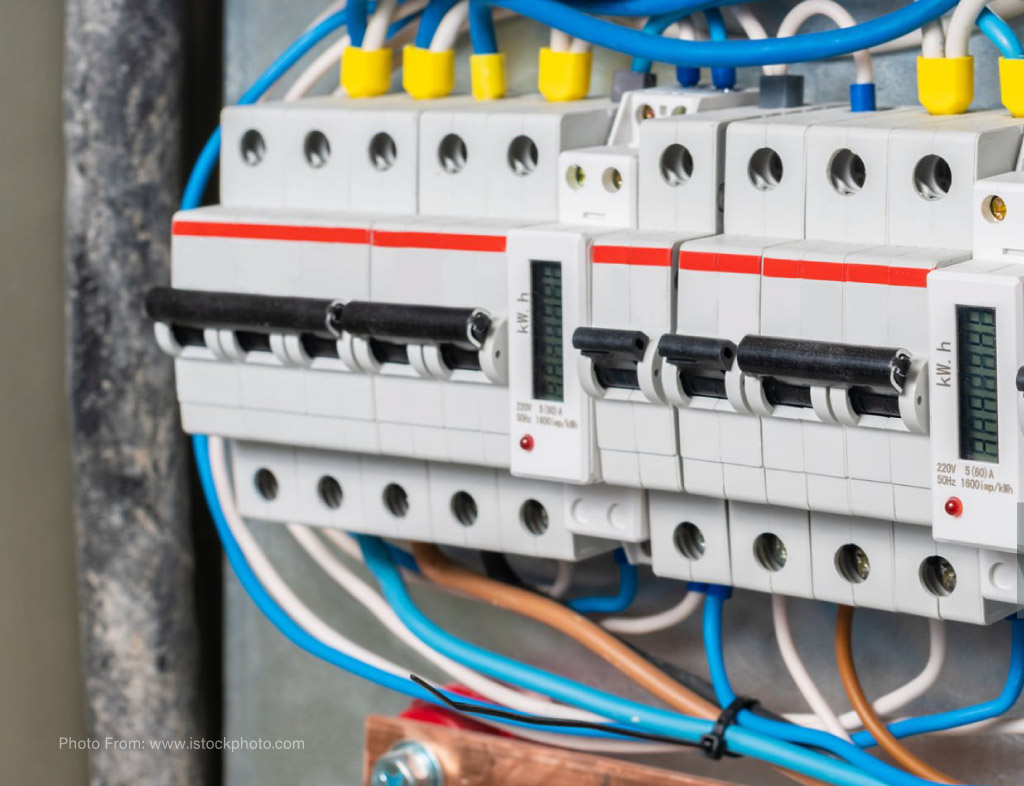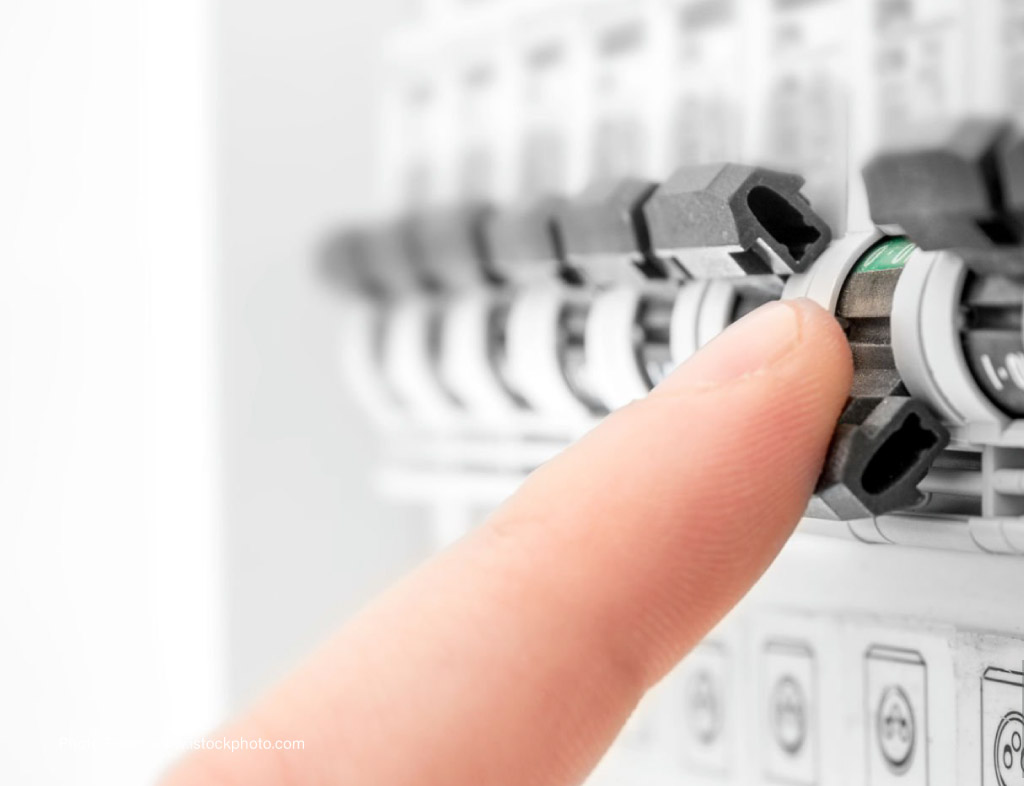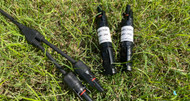MANUAL SHUT-OFF, FUSES, OR CIRCUIT BREAKER: WHAT IS RECOMMENDED?
4th Sep 2024
When setting up an off-grid solar system, ensuring safety is paramount. One critical aspect is choosing the right protection mechanism for your electrical system. The main options are manual shut-offs, fuses, and circuit breakers. Each has its own advantages and applications, so understanding these can help you make an informed decision.

Manual Shut-Off Switch
A manual shut-off switch is a straightforward and essential component in any solar installation. It allows you to quickly disconnect the solar array from the rest of the system in case of an emergency or for maintenance purposes.
Pros:
Simplicity: Easy to operate and understand.
Immediate Control: Allows for quick manual disconnection.
Cost-Effective: Generally, less expensive than other protection mechanisms.
Cons:
No Automatic Protection: Does not provide automatic disconnection in case of faults or overloads.
Fuses
Fuses are sacrificial devices designed to protect electrical circuits by breaking the connection when the current exceeds a specific value. They are commonly used in both AC and DC circuits.
Pros:
Simple and Reliable: Once a fuse blows, it ensures the circuit is completely open.
Inexpensive: Cost-effective protection solution.
No Reset Needed: Must be replaced after a fault, ensuring the problem is investigated.
Cons:
One-Time Use: Requires replacement after each blowout.
Inconvenient: May be cumbersome to replace, especially in critical applications.
Circuit Breakers
Circuit breakers are reusable devices that protect electrical circuits by automatically disconnecting the circuit in case of overcurrent. They can be reset after tripping, making them convenient for repeated use.
Pros:
Reusable: Can be reset after tripping, unlike fuses.
Quick and Convenient: Easily resettable without needing to replace components.
Versatile: Available in various sizes and types to match different requirements.
Cons:
Cost: More expensive than fuses.
Complexity: Slightly more complex to install and may require periodic testing.

What Is Recommended?
Choosing between manual shut-off switches, fuses, and circuit breakers depends on your specific needs and the configuration of your solar system.
For Basic Safety: A manual shut-off switch is essential for all systems to allow for emergency disconnection.
For Circuit Protection: Circuit breakers are generally recommended due to their reusability and convenience. They are ideal for protecting against overcurrent and short circuits in critical components.
For Specific Applications: Fuses can be used for specific, less critical parts of the system where cost and simplicity are primary concerns.
Conclusion
In a well-designed off-grid solar system, a combination of these protection mechanisms is often the best approach. A manual shut-off switch provides a simple means of isolating the system, while circuit breakers offer reliable and reusable protection for most circuits. Fuses can be used for specific applications where cost or simplicity is a factor.
By carefully selecting and properly installing these components, you can ensure that your solar system operates safely and efficiently, protecting both your investment and your peace of mind.
Be Wise, Go Solar!
